ACER Happenings
ACER heads to the 2019 GoMOSES Conference
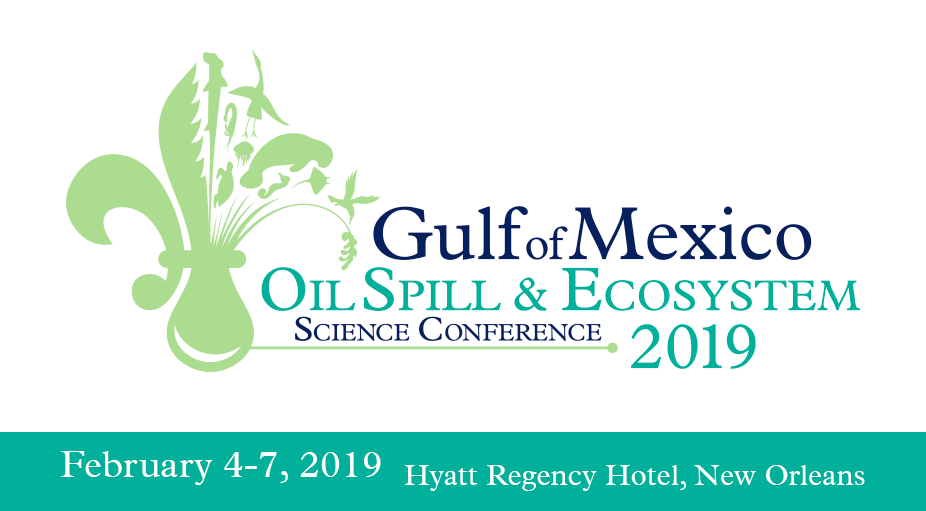
Next week ACER scientists, staff and students will convene in New Orleans to be a part of the Gulf of Mexico Oil Spill and Ecosystem Sciences (GoMOSES) conference.
Outreach Coordinators publish recommendations for science outreach programs

The Gulf of Mexico Outreach Initiative (GoMRI) had a tall order to fill in the wake of the Deepwater Horizon oil spill: investigate, understand, and educate the public on the impacts of the oil, dispersed oil, and dispersants on the Gulf of Mexico and affected coastal states. The GoMRI Outreach Coordinators are now sharing what they learned with others looking to integrate or expand education and outreach efforts as a part of their research programs.
ACER Research Opportunity: Postdoctoral Research Associate

ACER is seeking a post-doctoral researcher versed in handling large data sets to lead a synthesis of the results of ACER’s seven groups of investigators. Deadline for application packages has been extended to January 26, 2018.
New ACER Factsheet Available

ACER is pleased to release the 6th publication of our Factsheet Series focused on our Microplankton subgroup. The Microplankton team is lead by Dr. Jeff Krause and is investigating how small plankton (from 0.02 -0.2 mm in size) are affected by oiling and oiling response (e.g. the use of dispersants).
Habitat Focus: Coastal Ocean
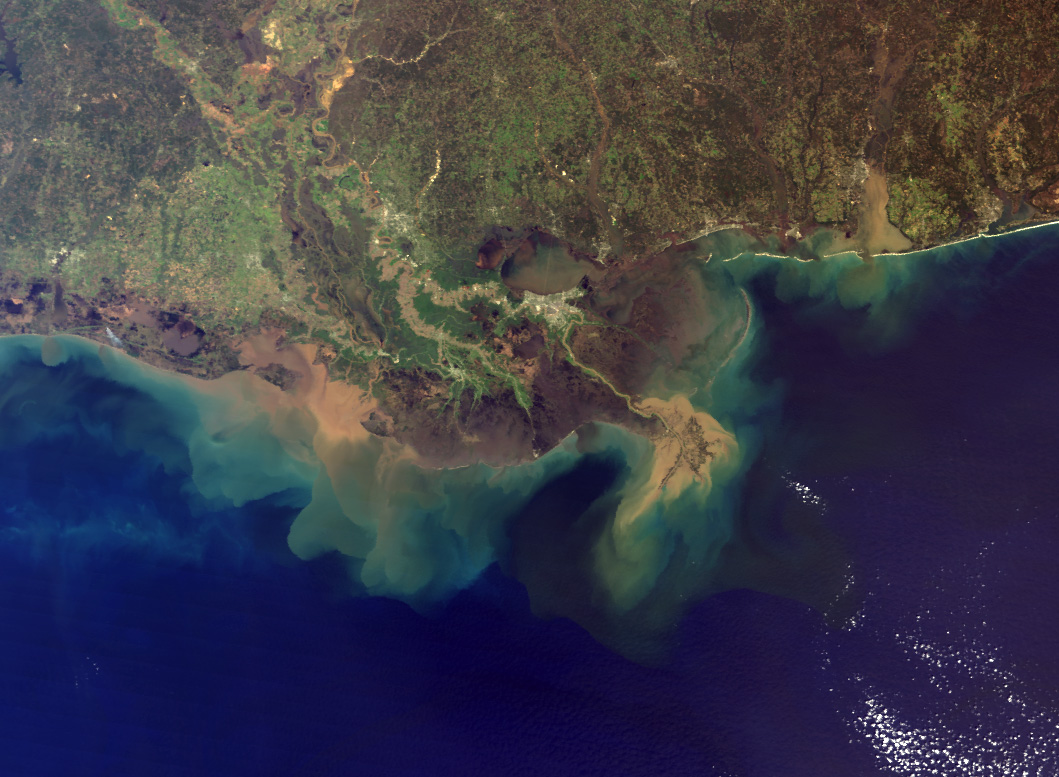
The sediment plumes visible in the Gulf of Mexico when flying over the northern Gulf of Mexico coastline readily illustrate the influence of our rivers on the ocean. And yet, even when this influence is not visibly apparent, ecological and environmental processes on the coast and upriver in Gulf of Mexico watersheds affect nearshore ocean ecosystems creating a unique habitat known as the coastal ocean.
New publication available from ACER's Nitrogen Cycling group
What good is a salt marsh - and how were they affected by the Deepwater Horizon oil spill? A recent paper published in Environmental Science & Technology by ACER’s Nitrogen Cycling group has added important data to the more recent perspective of salt marshes as critical coastal ecosystems.
Word Wednesday: Functional Diversity
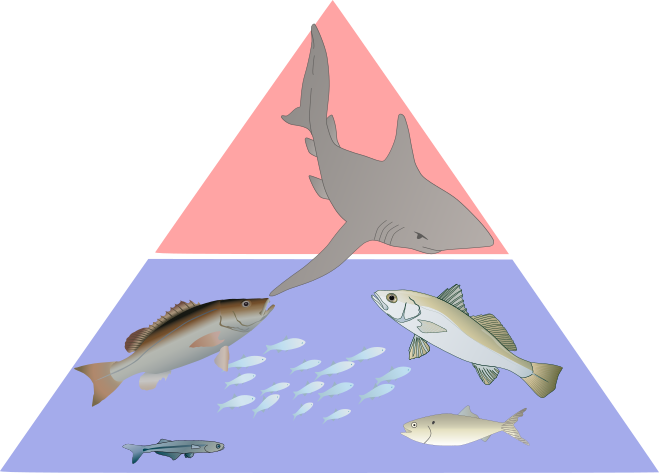
The umbrella of diversity includes several different types as seen in our previous Edublog posts on biodiversity and genetic diversity. ACER researchers are considering these different types of diversity in their investigations of ecosystem resilience (ie. resistance) in response to disturbance. This week we explore functional diversity.
Tool Talk: Stable Isotopes
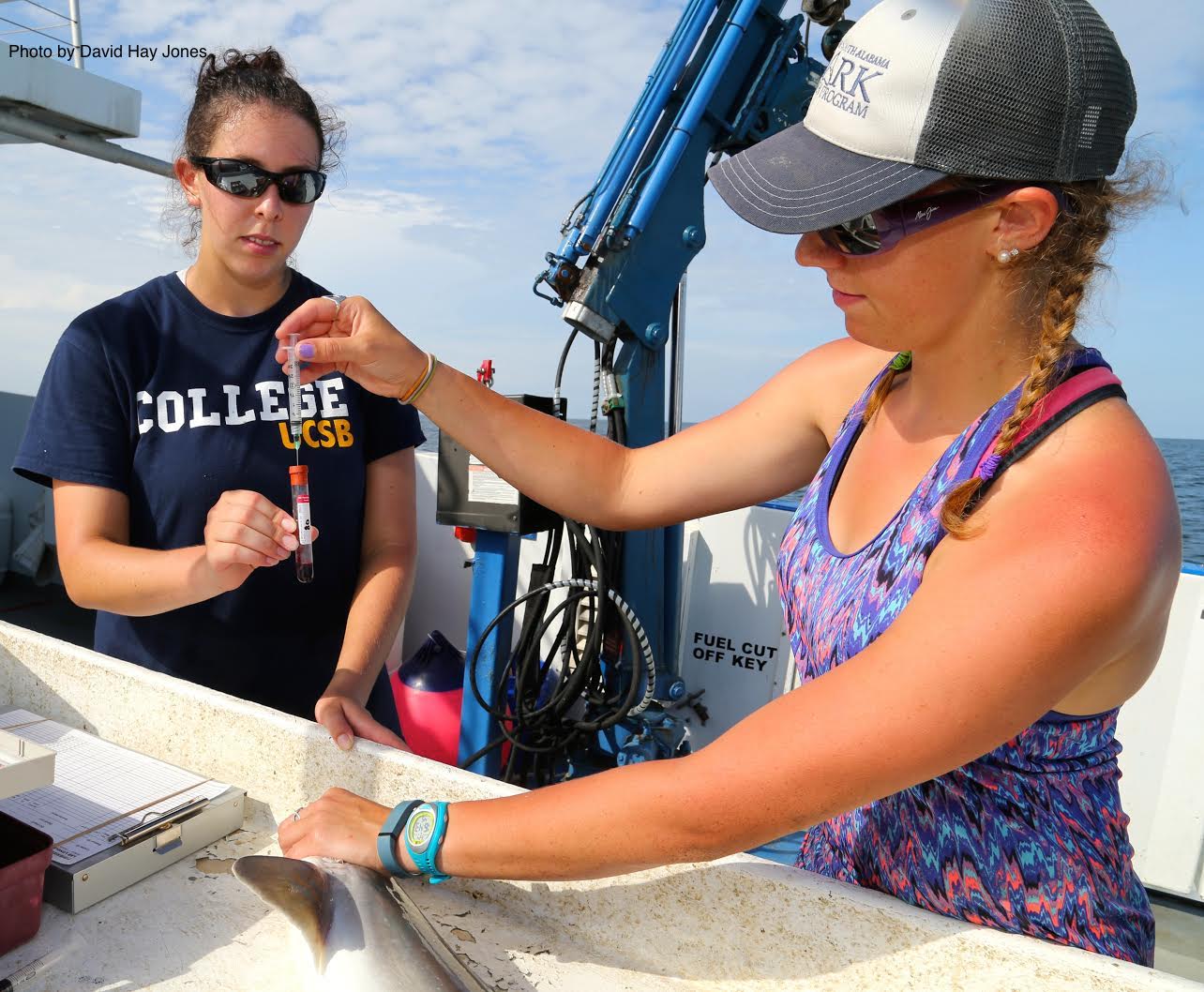
Have you ever looked at the stomach contents of a shark and wondered “What has this shark been eating?” Yes, you could sit there and sort through the contents and hope that there’s enough of the “leftovers” to identify them. But did you know that scientists can also learn a good bit about sharks eating habits without having to sort through the stomach contents? In fact, from this alternative method the shark or other marine organism can even swim away afterwards. It’s called stable isotope analysis and it’s the topic for our latest Tool Talk.
ACER-CONCORDE collaboration results in new publication

A new publication by Dzwonkowski and colleagues from GoMRI funded Consortia CONCORDE and ACER shows that the input of estuarine waters to the Gulf can be important - and not just during high river flow.
ACER Scientist Spotlight
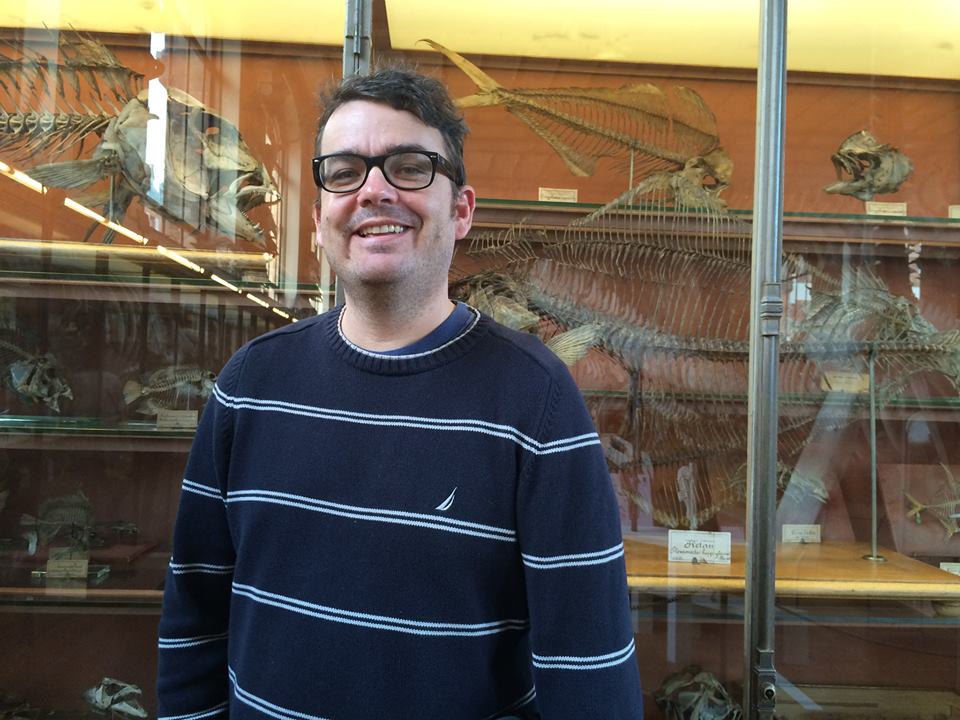
ACER would like to welcome our newest post-doctoral researcher, Dr. Kelly Boyle.









